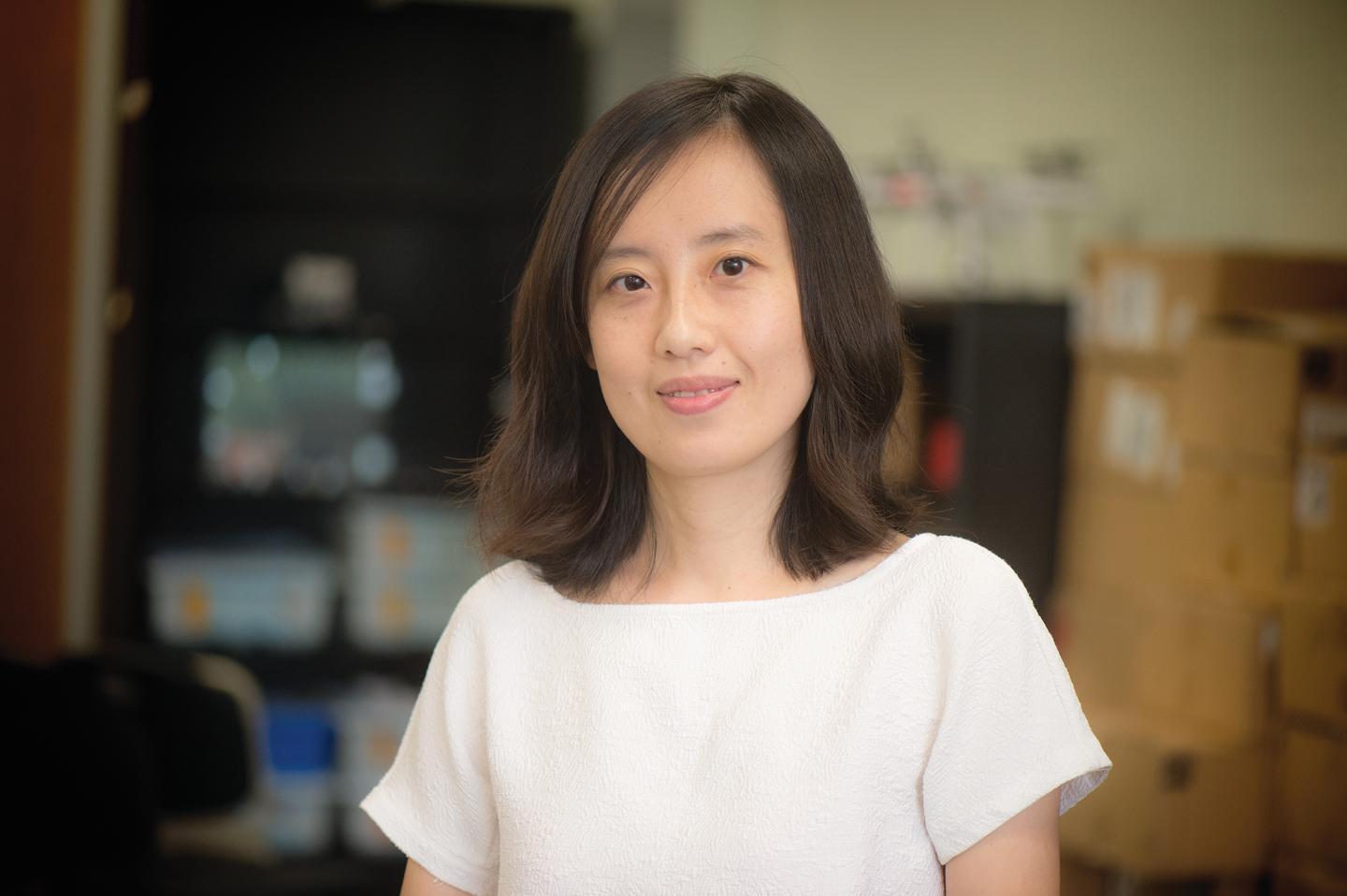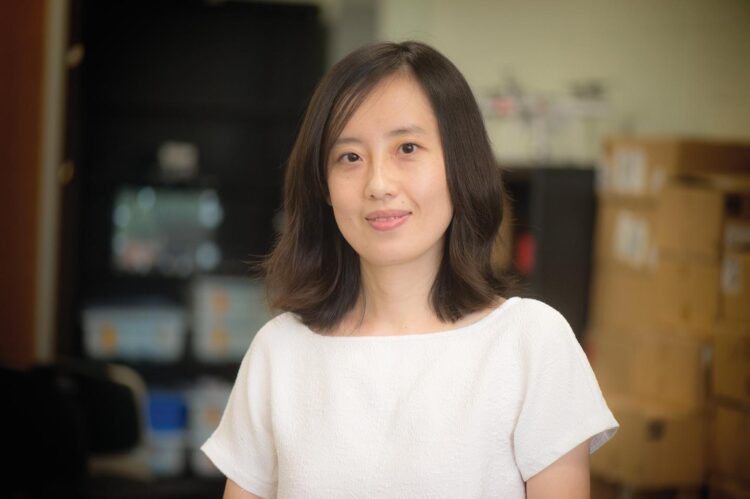Better performance of autonomous vehicles

Credit: UT Arlington
A trio of electrical engineering faculty members from The University of Texas at Arlington has received a three-year, $750,000 grant to improve control of networked convoys that include autonomous vehicles and those operated by humans.
The Army Research Office recently awarded the funding to Professor Frank Lewis and Associate Professors Yan Wan and Ali Davoudi.
Autonomous vehicles often operate in complex dynamic networked environments that feature spatiotemporal diverse threats generated by malicious attacks, functional failures and human errors. The team will develop bio-inspired learning methods that can learn optimal control solutions by observing the behaviors of neighbors in real time.
When aircraft fly in formation as part of a networked convoy, for example, each aircraft has an objective that will allow the group to accomplish certain goals, such as saving fuel, maintaining specific distances from other aircraft or maintaining specific airspeeds. At the same time, they may also be subject to attacks from malicious aircraft.
New reinforcement learning constructs will allow observation of the actions taken by malicious agents, predictions of worst-case scenarios and development of optimal defensive responses.
“The desired result is to get the entire group to perform as a single entity that improves the behavior of each individual agent,” Lewis said. “This will also help individual agents and the group to reject the negative effects of adversaries, because each agent can adjust and learn from its neighbors if there is suspicious behavior.”
The group will use fundamental science and mathematics theories to investigate interactions of humans, communication topologies, autonomous agents, adversarial agents and uncertain environments to develop adaptive and optimal solutions.
“Our work will make robots more intelligent,” Wan said. “They can improve their decisions through interactions with their peers and the environments in which they are operating.”
The group has three other contracts for related research in controls and reinforcement learning–two from the National Science Foundation and the Office of Naval Research totaling $1.48 million and one from the Ford Motor Co. for $150,000.
“Drs. Lewis, Wan and Davoudi continue to apply the knowledge they have gained from previous research to expand knowledge around autonomous behavior and controls,” said Peter Crouch, dean of the College of Engineering. “This latest grant is an example of the importance of fundamental research to our understanding of autonomous controls and reinforcement learning.”
###
Written by Jeremy Agor, College of Engineering
Media Contact
Herb Booth
[email protected]
Original Source
https:/





